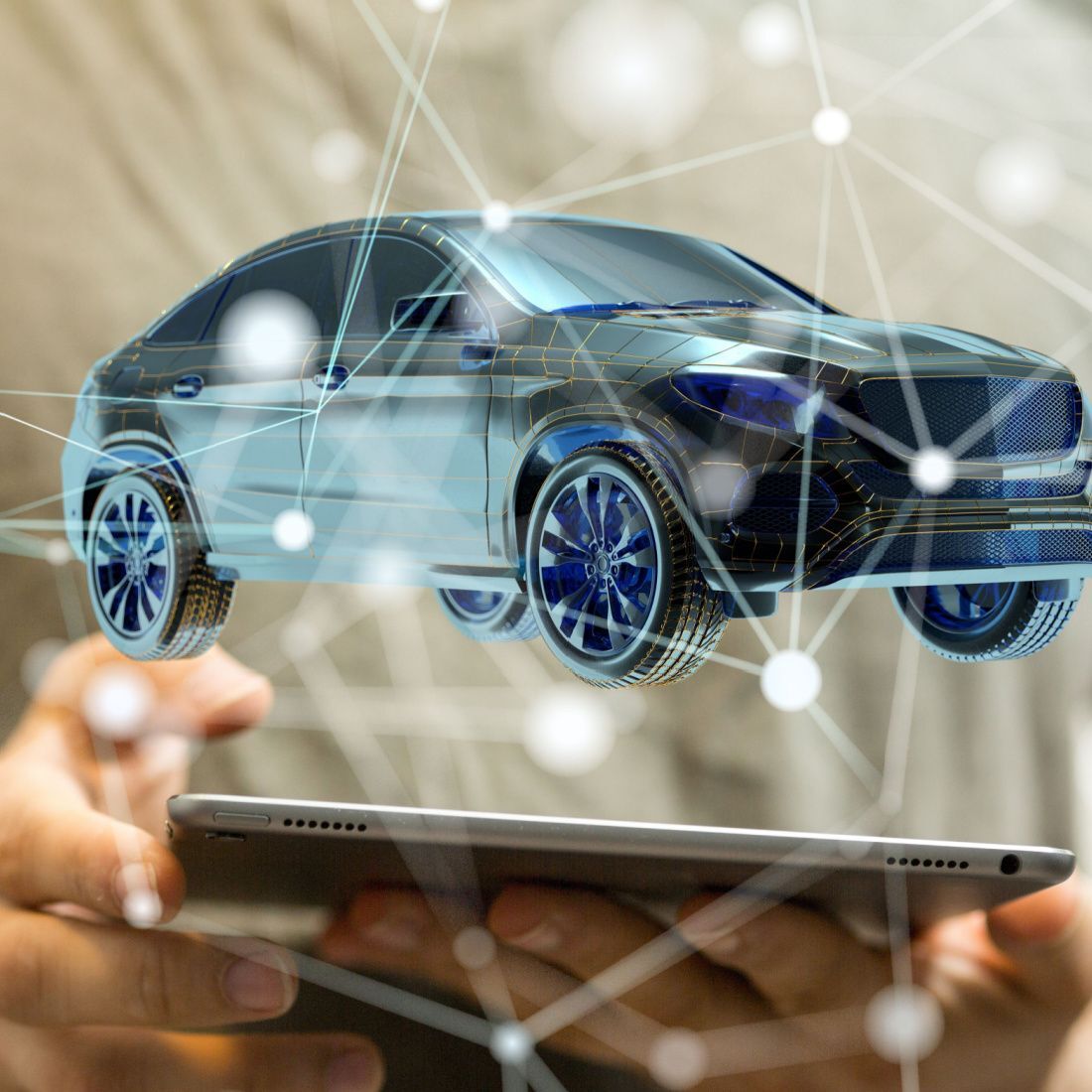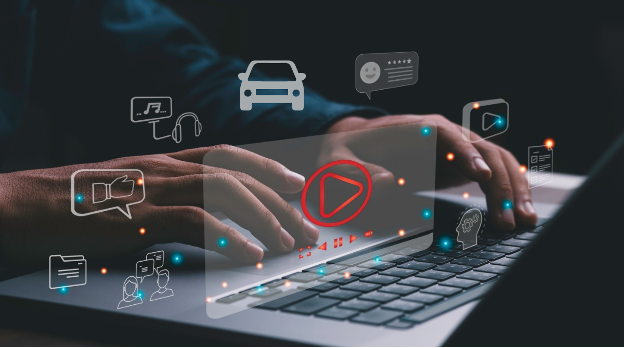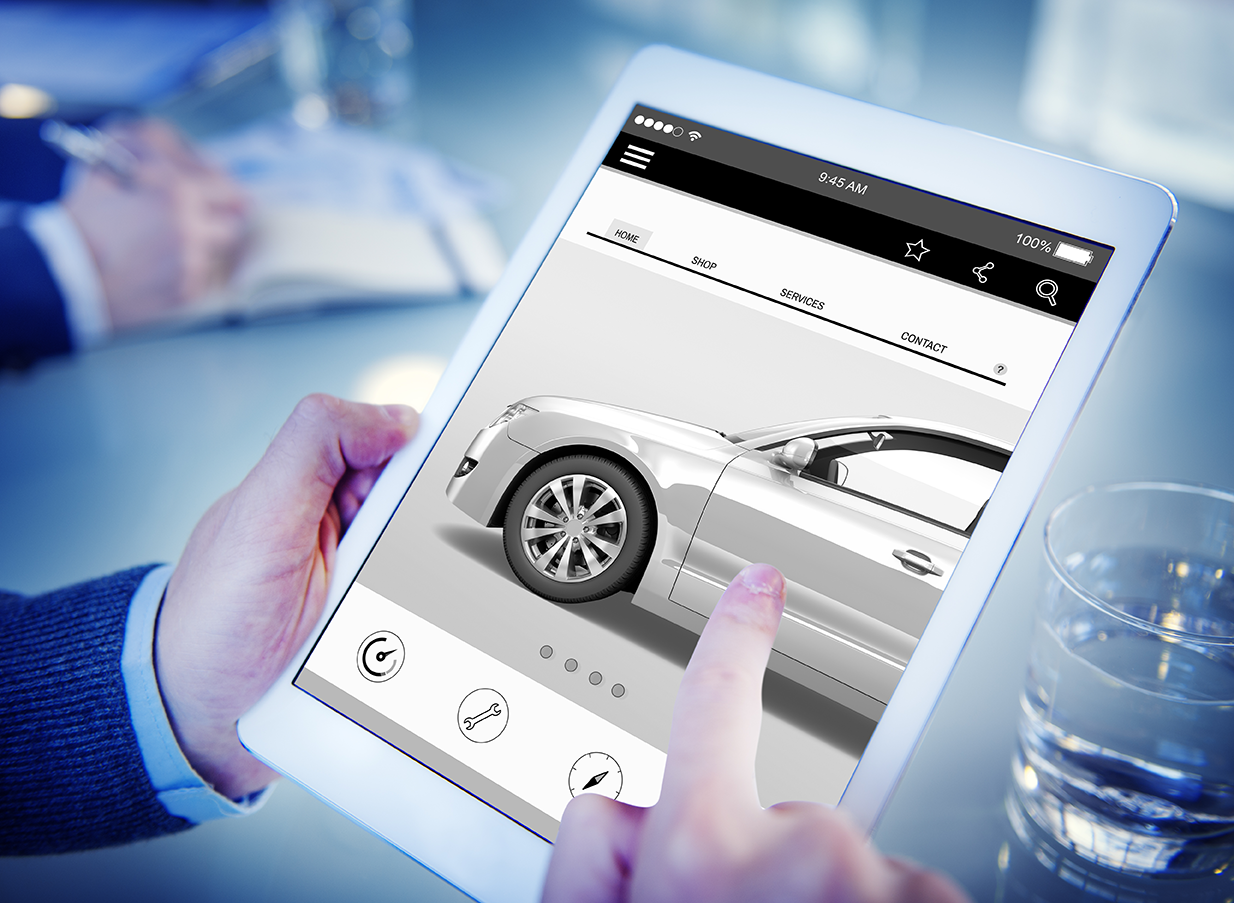Harnessing Social Media VIN-Level Advertising to Move the Needle
As the landscape of automotive digital marketing grows, the need for strategic, impactful advertising is more important now than ever. With inventory...

Digital advertising has been on the rise for many years and is now amplified by the evolution of AI-driven advertising tools. The COVID-19 pandemic only hastened this transition. At the height of the pandemic, some states forced dealerships to close, and with customers not allowed in showrooms, the customers turned to other methods of car research.
Even before the pandemic, the switch to online was taking hold of consumers. 88% of prospective car buyers reported researching options online before heading to the dealership, and 60% of customers said they spent six or more months on their car search.
Digital Marketing Reigns Supreme
Traditional channels like TV ads can get extremely expensive, same with outdoor ads like billboards or bus-stop signage. These advertisements may promise potential consumers will see the ad, but tracking leads and sales that originate from this type of advertisement proves difficult. Without proper tracking, the return on investment of these ads is questionable. It could also take weeks or months to analyze the results or data from more traditional advertising methods and the data itself is incomplete, making it difficult or impossible to optimize a campaign in real time.
Today’s consumers turn to the internet to research products before purchasing, including automobiles. Digital marketing (or online marketing) allows brands to promote their products using the internet. Email, content, social media ads, web-based advertising, pay-per-click, and search engine optimization (SEO) are all examples of digital marketing.
Digital marketing allows for better tracking and more precise targeted advertising than traditional marketing. It’s easier to track customer clicks and gather potential customer information. When a potential customer interacts with a social media post or visits your site from a link, you already have access to that person’s information. It can also be a lot less expensive, with options like email marketing and content creation sometimes free or low-cost.
The Power of AI and Machine Learning in the Automotive Industry
So, digital marketing is the way to go for dealerships that are looking to maximize their advertising budget and, more specifically, their target audience. But how exactly does AI work in marketing?
AI
AI uses data and customer profiles collected by digital means mentioned above (customer interactions with ads, clicks, etc.) to send specific targeted messages. This can be done without the need for manual adjustment. It allows the messaging to be fast and efficient and ensures that the right customer sees the right ads.
Machine Learning
Machine learning branches off from AI and is an essential component of data science. Machine learning “focuses on the use of data and algorithms to imitate the way that humans learn, gradually improving its accuracy.” Consumers frequently encounter real-life examples of machine learning, though they may not recognize it as such. Customer service chatbots, speech reorganization or speech-to-text, and fraud detection are all examples of machine learning.
Using these two powerful tools can allow dealerships to elevate their sales tactics and increase growth. Machine learning and AI can use customer data to personalize sales efforts, cross-sell to customers, and offer individualized offers. The tools can also provide ad automation, and forecast sales, stock, and operations.
ZeroSum’s MarketAI Platform
MarketAI is an all-in-one advertising platform for automotive dealers. It is the automotive industry’s first AI-driven platform that uses data and cutting-edge technology to optimize dealers’ marketing execution. MarketAI uses supply and demand inventory, insights, and AI-powered high-efficiency ad automation. Notably, MarketAI tracks automobiles by VIN and can locate nearly every on-lot or in-transit vehicle in the USA. This data is updated daily, including price and location. This enables MarketAI to automatically create dynamic ads based on live inventory and target those ads to active shoppers looking for a like vehicle. Real-time attribution allows dealers to take precise action and not wait weeks or months to evaluate the effectiveness of traditional marketing tactics.
ZeroSum clients have used MarketAI to great success. ZeroSum client Nucar CDJR of Tilton used MarketAI to increase turn rate 444% faster, with average days on lot dropping from 40 to just nine within six months. Nucar’s adoption of MarketAI raised VDP views by 226% and lowered cost per VDP by 43%.
The future of automotive sales is AI-driven digital marketing, not traditional. The automotive industry is moving beyond radio, TV, and billboard ads. It needs to focus on the potential of AI and machine learning to better appeal to today’s automotive consumer. To learn more about MarketAI and make it a part of your dealership’s marketing tool kit, contact the ZeroSum team here today.

As the landscape of automotive digital marketing grows, the need for strategic, impactful advertising is more important now than ever. With inventory...

Auto-Stream delivers the highest quality text-to-speech service imaginable to auto dealers of all sizes driving faster auto sales and lowering...

For auto dealerships, paid advertising is typically at the core of their digital marketing strategy and for good reason. It delivers effective...